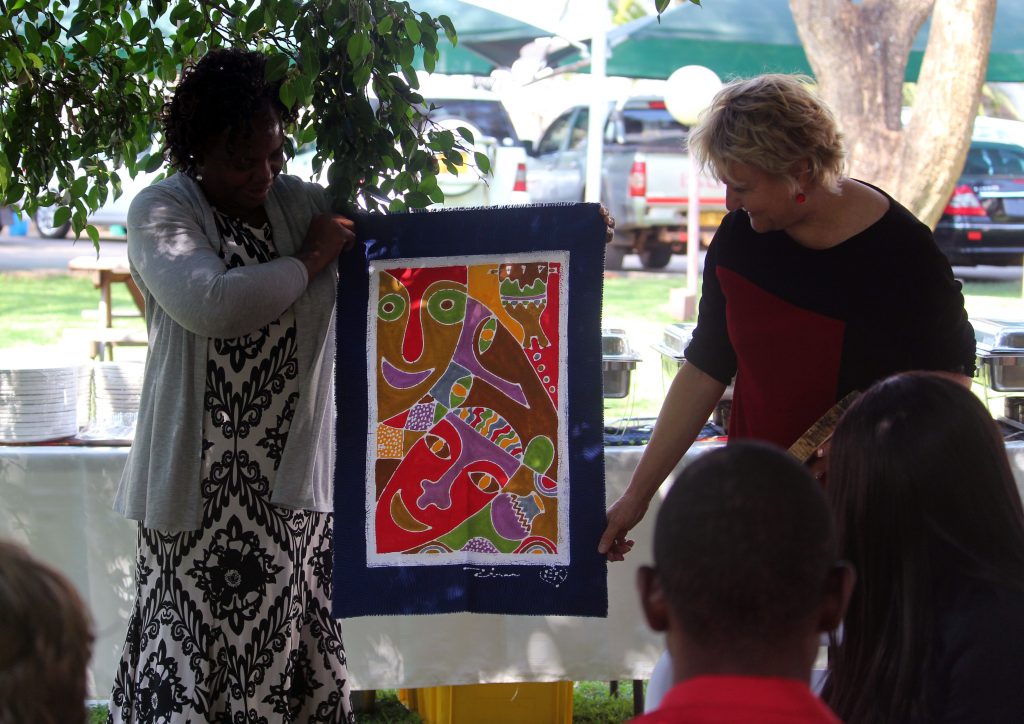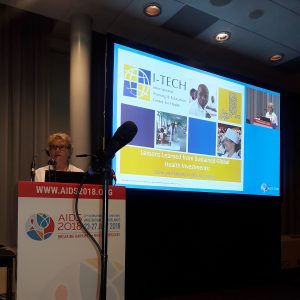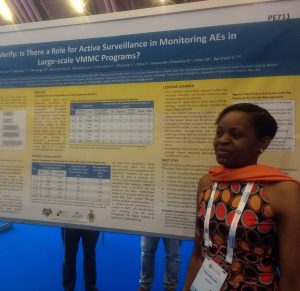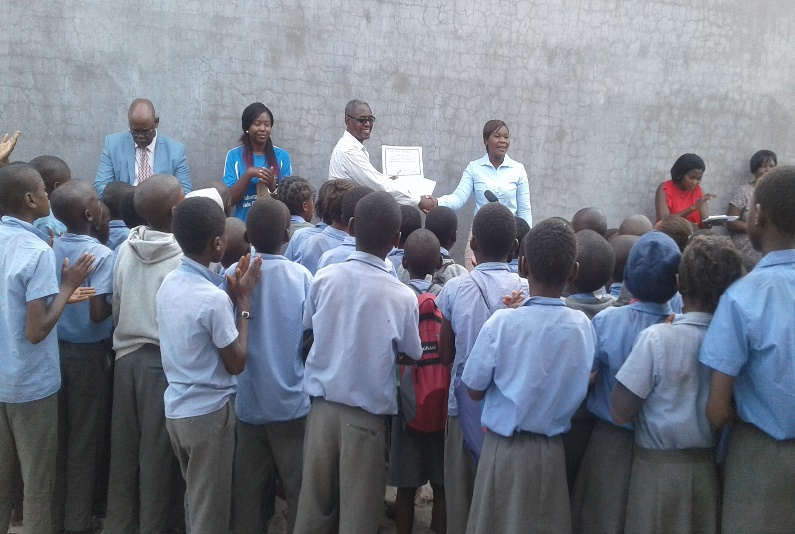
This piece was first posted on the University of Washington Department of Global Health’s website.
Voluntary medical male circumcision (VMMC) safely reduces the risk of female-to-male HIV transmission by up to 60%. Few men have any post-operative VMMC complication. However, current practice in Zimbabwe and throughout most of sub-Saharan Africa requires VMMC patients to return for multiple, in-person post-operative visits. With low complication rates, and severe healthcare worker shortages, these required visits are a burden for providers and patients — threatening achievement of critical HIV prevention targets. A two-way texting model studied by University of Washington researchers in Zimbabwe offers a new way to address this barrier by reducing provider workload while also safeguarding patient safety.
“These visits can be a barrier to male circumcision uptake and expansion in countries with severe health care worker shortages, as well as negatively impacting patients who needlessly pay for transport, miss work, and wait for unnecessary reviews,” said Principal Investigator Caryl Feldacker, PhD, MPH, at the International Training and Education Center for Health (I-TECH) in the University of Washington Department of Global Health.
The study included 721 VMMC patients in two locations in urban Zimbabwe. In the study, patients communicated directly with a health care worker through interactive text messaging for the critical 13 days post-VMMC, rather than returning for required in-person visits. By giving men the option to heal safely at home, or return to care when desired or if complications arose, the method dramatically reduced in-person visits by 85%. Texting also reduced follow-up costs by about one-third while improving the quality of care.
As compared to routine in-person care, the study yielded twice the number of reported complications. “This increased identification and reporting is a positive result that is likely attributable to improved counseling and men’s engagement in care. Through texting, men were empowered to observe their healing and report potential issues promptly, before they worsened,” said Feldacker.
Currently, most text-based health care efforts blast pre-defined messages to many people simultaneously, removing patients’ ability to communicate back with health care workers. In contrast, two-way texting between providers and patients provides interactive care, and the short time frame heightened participation: in the study, 93% of men responded to texts. Both providers and clients reported confidence in the texting option, feeling safe and highly recommending it for scale.
“With the current system, Zimbabwe could perform millions of unnecessary follow-up visits over the coming five years. The workload burden for health care workers and time lost for patients who are healing without complication is a significant burden for health care workers and clients alike,” said Feldacker. “Potential gains in efficiency and reduced costs through using two-way messaging are large.”
With funding from the U.S. Centers for Disease Control and Prevention (CDC), and in partnership with the Society for Family Health, the model will soon be tested in urban South Africa. The new, field-based research will further test two-way texting in a different geographical and patient context to better inform the model for adaptation and widespread scale-up.
Feldacker added that “while our findings are grounded in studies on male circumcision, our results are largely attributable to the methods rather than to a specific disease or condition.
“With minimal adaptation,” she continued, “two-way texting could streamline other post-operative care contexts or be re-configured for other similarly acute, episodic conditions where continuity of care within a short period is critical for patients, such as short-course TB treatment, post-operative healing, post-natal care or early childhood illnesses — diarrhea, pneumonia, malaria — laying the foundation for generalizing to other diseases and contexts.”
For more on the study, see the paper pre-published in the Journal of Acquired Immune Deficiency Syndromes (JAIDS):
The study was led by Caryl Feldacker, and co-investigators are Vernon Murenje (International Training and Education Center for Health (I-TECH), Harare, Zimbabwe); Mufuta Tshimanga (Zimbabwe Community Health Intervention Project (ZiCHIRE), Harare, Zimbabwe); Scott Barnhart, Isaac Holeman, and Joseph B. Babigumira (Department of Global Health, University of Washington); Sinokuthemba Xaba (Ministry of Health and Child Care, Harare, Zimbabwe); and technology partner Medic Mobile (Nairobi, Kenya).
The Zimbabwe 2wT study was supported by the Fogarty International Center of the National Institutes of Health under Award Number R21TW010583.






